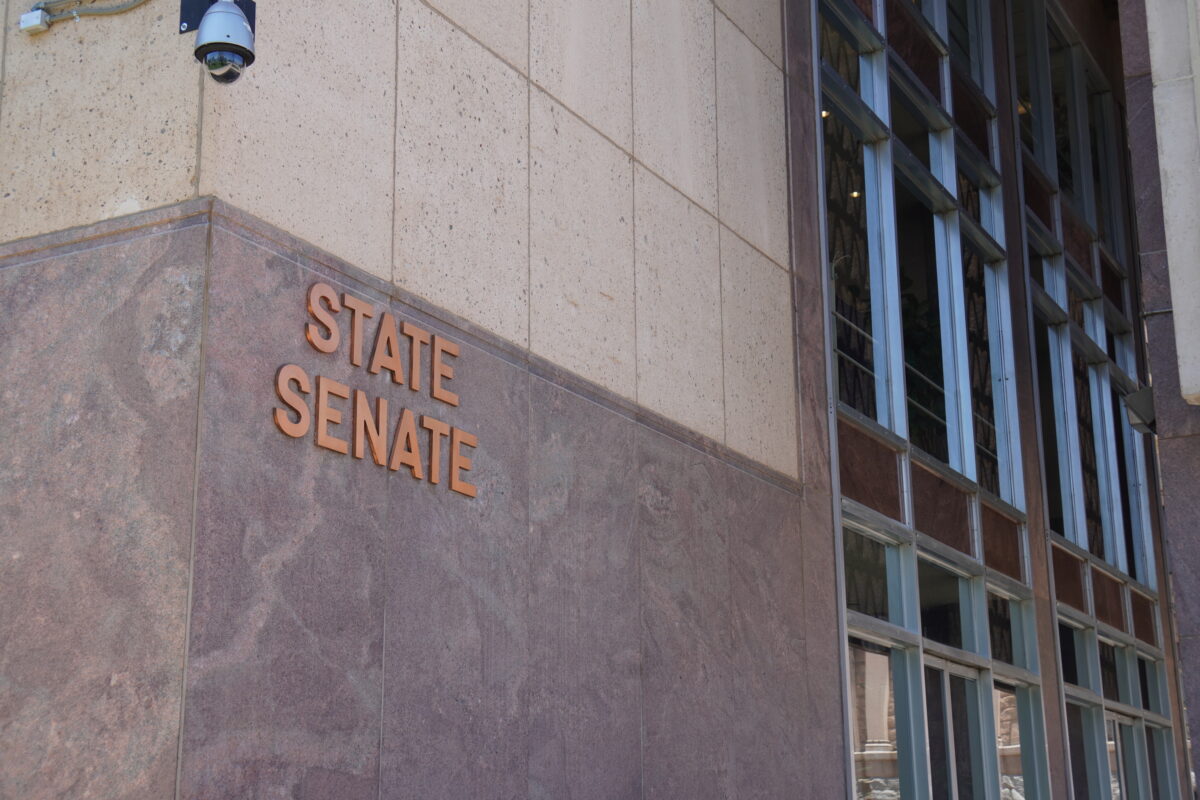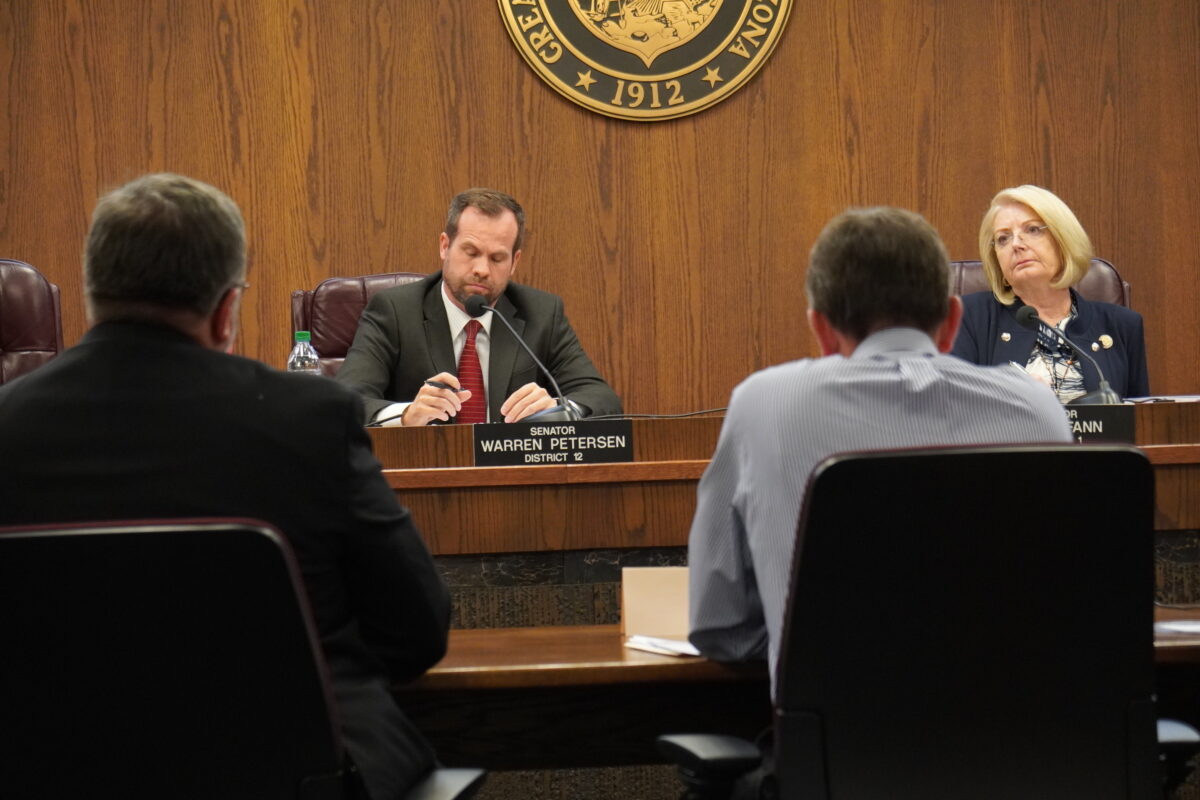Officials in Arizona’s largest county and Dominion Voting Systems on Monday announced their defiance of the state Senate’s latest round of subpoenas, continuing a feud that started last year.
Maricopa County’s Board of Supervisors decided in a closed session not to deliver any more election-related materials or information to the Arizona Senate, despite a judge earlier this year ruling subpoenas from the body lawful.
In a 6-page letter to Kory Langhofer, attorney for Arizona Senate President Karen Fann, county officials said that auditors hired by Fann already have some of the information they seek and will not receive the rest at this time, or ever.
Fann sought ballot envelopes or ballot envelope images; user names, passwords, and security keys for election machines; voter records; routers or router images; and splunk logs.
Allister Adel, the county’s attorney, told Fann that the county has already provided ballot images. The county recorder, Stephen Richer, will produce the ballot envelopes themselves, but only if there’s confirmation “that appropriate security measures are in place,” Adel wrote. Richer will also work to produce voter records.
The county does not have user names, passwords, or security keys requested for the machines, officials claim. Moreover, the request is moot because the machines have been returned to the county, they say. Also, they are refusing to hand over routers or router images, or splunk logs, claiming that doing so would be a security risk.

(Allan Stein/The Epoch Times)
The latest subpoena may not be lawful, Adel added, because it was issued while the state Senate was out of session. The county offered a similar raft of general objections—such as describing the subpoena as “overboard”—that it did last year, leading to a court battle that ended when Maricopa County Superior Court Judge Timothy Thomason ruled that the subpoenas were valid.
In a separate letter to Langhofer, a lawyer representing Dominion said the subpoena the company received was “legally defective.”
Eric Spencer, the lawyer, alleged that the document violated Dominion’s due process rights, its Fourth Amendment rights against unreasonable searches and seizures, and its rights under the Arizona Constitution’s Private Affairs Clause.
“Because the Subpoena is illegal and unenforceable, Dominion hopes that litigation over the Subpoena will not be necessary. Should litigation result, however, Dominion intends to pursue all remedies available to it, including (but not necessarily limited to) recovery of its attorneys’ fees, expenses, and damages” under state law, Spencer said.
Dominion also objected to public records requests made by the Arizona Senate seeking records from its company. CEO John Poulos told Langhofer in a missive that Dominion is not a public body and therefore “has no obligation to make its records available for public inspection.”
He also alleged that security keys and passwords needed to access some levels of the machines used in Maricopa County—the ones the county claims it does not hold—are not public records.
“Accordingly, because the Law has no application, Dominion will not produce or allow inspection of the materials requested,” Poulos said.

Fann, a Republican whose caucus ordered the audit, told The Epoch Times in an email that the Arizona Senate was preparing a formal response to the county and Dominion.
Randy Pullen, a retired auditor and a former chair of the Arizona Republican Party who serves as a spokesman for the auditors, did not provide comment before this article was published.
Arizona Sen. Wendy Rogers, a Republican, told The Epoch Times that senators received the letters.
“We are undaunted and undeterred, and we’ll pursue more formal action here in the next day or so,” she said.
That action will likely not include another vote on holding Maricopa County’s board in contempt. The Arizona Senate is not currently in session, and two Republicans have said they now oppose the audit, meaning such a vote would likely fail.
“Stay tuned and you’ll see movement,” Rogers said. “We definitely will not be stymied.”
